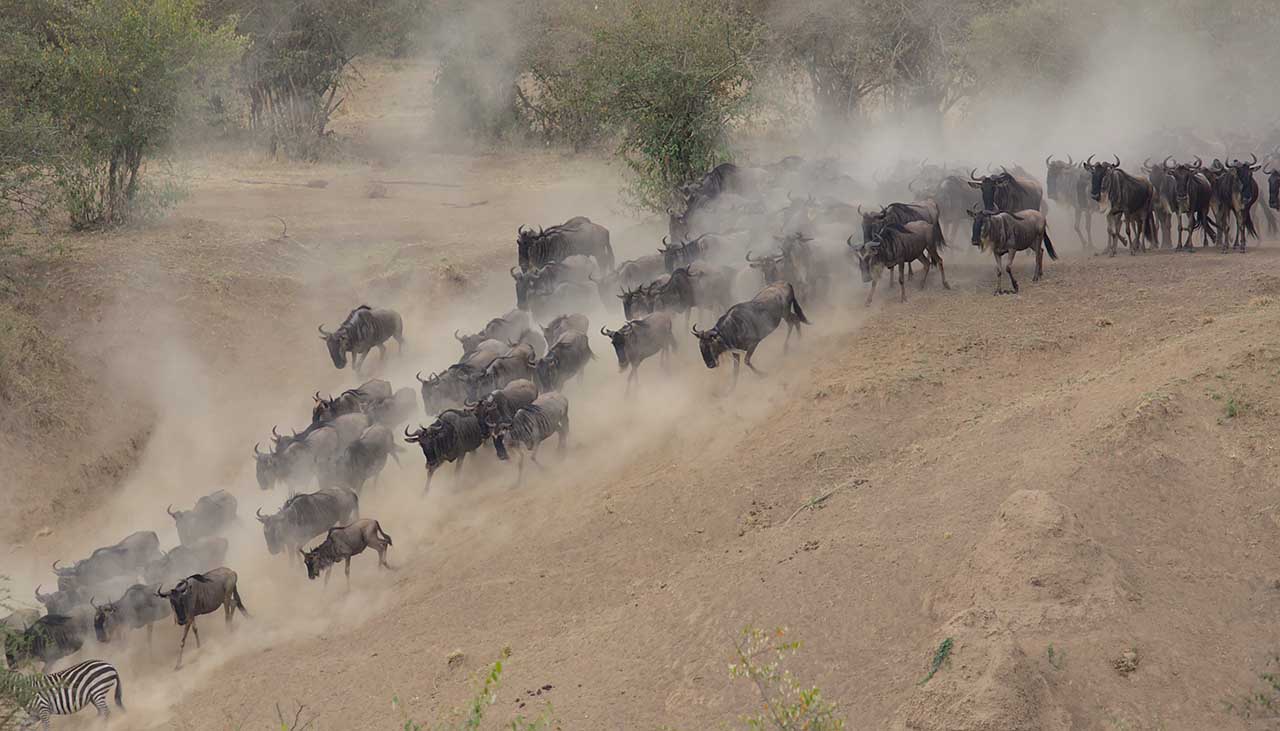Visiting Africa is a once-in-a-lifetime opportunity that many travelers strive for. However, if you care about preserving the natural beauty of this extraordinary continent, there are important steps you need to take to ensure that your visit has a minimal environmental impact and helps protect its diverse wildlife. On one hand, exploring Africa’s remarkable national parks and reserves provides an opportunity to observe majestic creatures in their natural habitats; on the other hand, unregulated tourism can bring damage and disruption to these wild creatures — both direct (habitat destruction) and indirect (pollution). It is possible, though, to balance your travel aspirations with sustainable practices that let everyone enjoy the unique splendor of Africa without degrading its gorgeous terrain or endangering fragile species.
Understanding the Need to Balance Wildlife Protection with Sustainable Travel in Africa
Sustainable travel is an important part of preserving Africa’s environment and its incredible wildlife. By taking steps to reduce your impact, you can help protect rare species, conserve habitats, and support local communities who depend on tourism for their livelihoods. From avoiding single-use plastics to engaging with sustainable tour operators, there are many ways you can make a difference while visiting Africa.
Exploring Efforts by African Nations to Achieve this Balance
African nations have been exploring different approaches to balancing the needs of tourists with those of the environment. For example, some countries have implemented taxes on tourist activities that harm endangered animals or ecosystems, while others are working closely with tour operators and private citizens to encourage more responsible travel practices. Some governments have also established protected areas that are off-limits to tourists, helping to ensure the long-term preservation of natural habitats and wildlife.
Examining the Benefits of Sustainable Travel for African Wildlife and People
Sustainable travel can bring many benefits to both African wildlife and people. It encourages responsible use of resources, reduces environmental damage, generates income for local communities, and helps protect endangered species and their habitats. Additionally, sustainable tourism gives visitors access to experiences that are not available elsewhere — from observing wild elephants in a national park or tracking cheetahs across the savannahs — allowing travelers to enjoy unique encounters with nature while minimizing their impact on fragile ecosystems.
The Challenges of Implementing Effective Solutions
Unfortunately, implementing effective solutions to protect African wildlife and promote sustainable travel remains a challenge. From a lack of resources and infrastructure to inadequate legislative protection, many obstacles need to be addressed before sustainable tourism can take off in Africa. Additionally, tackling some of the underlying issues — such as poverty or conflict — that contribute to poaching and habitat destruction is an essential part of achieving long-term progress toward preserving unique species and ecosystems.
What Governments and Organizations are Doing to Support Sustainable Travel in Africa
Governments and NGOs around the world have stepped up their efforts over the past few years to support sustainable travel in Africa. Notable initiatives include campaigns aimed at raising awareness about responsible tourism practices, encouraging travelers to invest in local communities, providing financial assistance for conservation projects, and investing in infrastructure to support sustainable tourism.
How Private Citizens can Help Protect African Wildlife by Supporting Sustainable Tourism Initiatives
Individuals also have an important role to play in promoting sustainable travel in Africa. Taking steps like researching tour operators before booking a trip, supporting local businesses, and avoiding activities that could harm wildlife all help protect the environment while still allowing visitors to enjoy their experience. Additionally, travelers can contribute financially to conservation efforts or volunteer with organizations that are working to preserve African wildlife and its habitats. By making small but meaningful changes, individual people can make a real difference when it comes to preserving the incredible biodiversity of the continent.
Conclusion
Sustainable travel in Africa is essential to preserving the continent’s unique wildlife and ecosystems, while also providing valuable economic benefits for local communities. Governments and NGOs around the world are working hard to support such initiatives, but private citizens can also play an important role in encouraging more responsible tourism practices. By following sustainable travel guidelines and supporting conservation efforts, individuals can make a real difference in protecting African wildlife.
